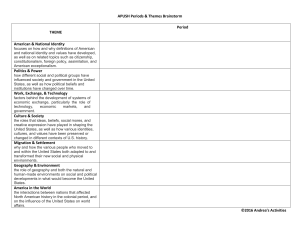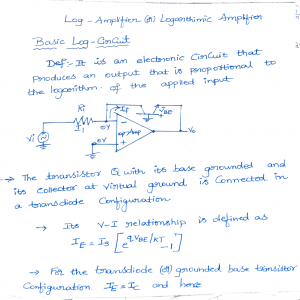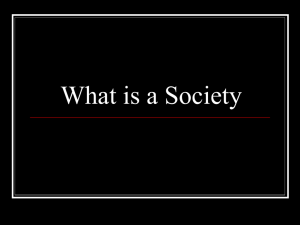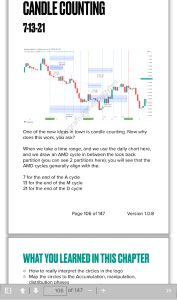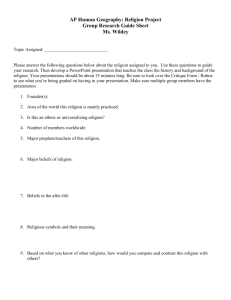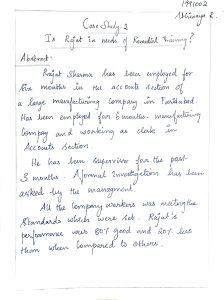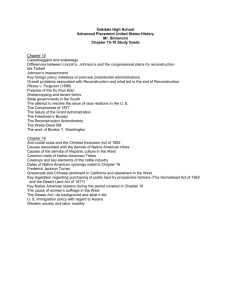Ch 16 KT-CS
advertisement
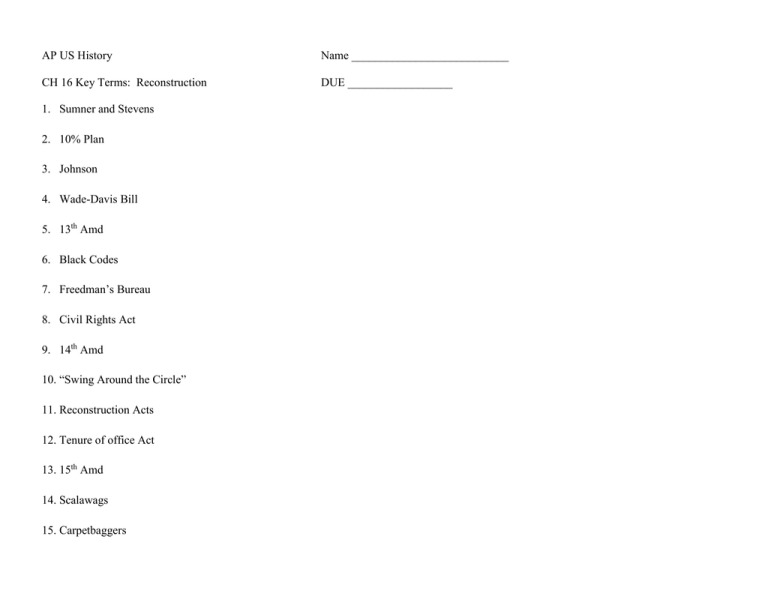
AP US History Name ___________________________ CH 16 Key Terms: Reconstruction DUE __________________ 1. Sumner and Stevens 2. 10% Plan 3. Johnson 4. Wade-Davis Bill 5. 13th Amd 6. Black Codes 7. Freedman’s Bureau 8. Civil Rights Act 9. 14th Amd 10. “Swing Around the Circle” 11. Reconstruction Acts 12. Tenure of office Act 13. 15th Amd 14. Scalawags 15. Carpetbaggers 16. Sharecropping 17. Crop-Lien System 18. KKK 19. Panic of 1873 20. Whiskey Ring 21. Election of 1876/Compromise of 1877 Chapter Synthesis Name ____________________________ Chapter ____________ Topic _____________________________ Historical Period ________________________ TIMELINE: Use your notes and key terms to summarize key ideas and information for this chapter: Decide on the 10 most important events of this chapter (in chronological order). You have limited space so choose your words wisely, be succinct and clear. Date(s) Event, Idea, Concept Brief Description with Significance 7 Themes: A challenge in AP US History is to recognize patterns/changes that cross Historical Periods – there are seven (7) themes for AP US History. As you review your notes and key terms for the chapter, categorize them thematically below. Also, make notes of any trends, patterns, and/or changes, connecting them to other Historical Periods. POLITICS AND POWER Debates over the role of the state and its role as an agent for change; mechanisms for creating, implementing, or limiting participation in the political process and the resulting social effects; changing relationships among the branches of government (national, state, and local); efforts to define or gain access to individual rights and citizenship; tensions between liberty and authority WORK, EXCHANGE, TECHNOLOGY Economic development (agricultural, commerce, manufacturing; effects of different economic systems and values, labor systems, technological innovations, and gov’t policies; IDEAS, BELIEFS, CULTURE Ideas, beliefs, social mores, and creative expression that have shaped American society; effects of aesthetic, moral, religious, scientific, and philosophical principles on individuals and group actions; interactions between beliefs and communities, economic values, political movements, and attempts to align American society with specific ideals IDENTITY American national identity and group identities in US history (gender, class, racial, ethnic, religious, regional) AMERICA IN THE WORLD Global context of US origination, development, and influence of the US on world affairs; impact of competition for territory and resources on the US and others; effects of US foreign policies and military actions on the world, as well as social issues with the US PEOPLING How and why people who have moved to, from, and within the US adapted to social and physical environments; effects of migrations on America; impact of peoples’ beliefs, traditions, technologies, religions, and gender roles on American society ENVIRONMENT AND GEOGRAPHY – PHYSICAL AND HUMAN Role of the environment, geography, and climate in constraining and shaping human actions; interactions between Americans and its environment; efforts to interpret, preserve, manage, or exploit natural and man-made environments and their historical contexts
